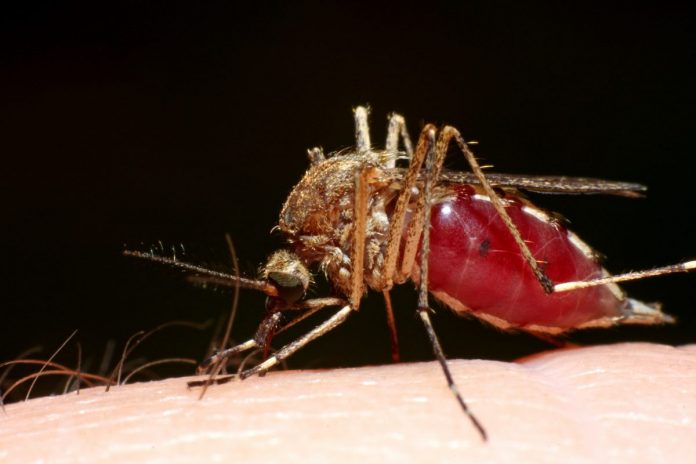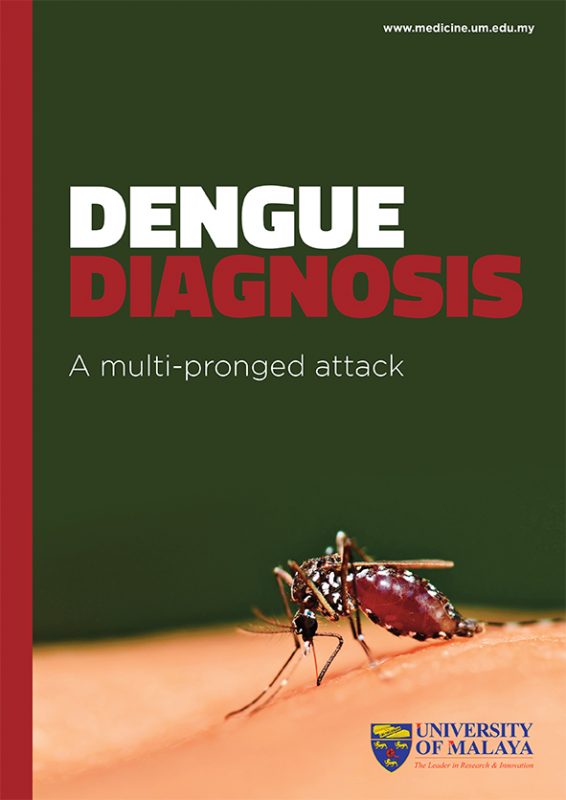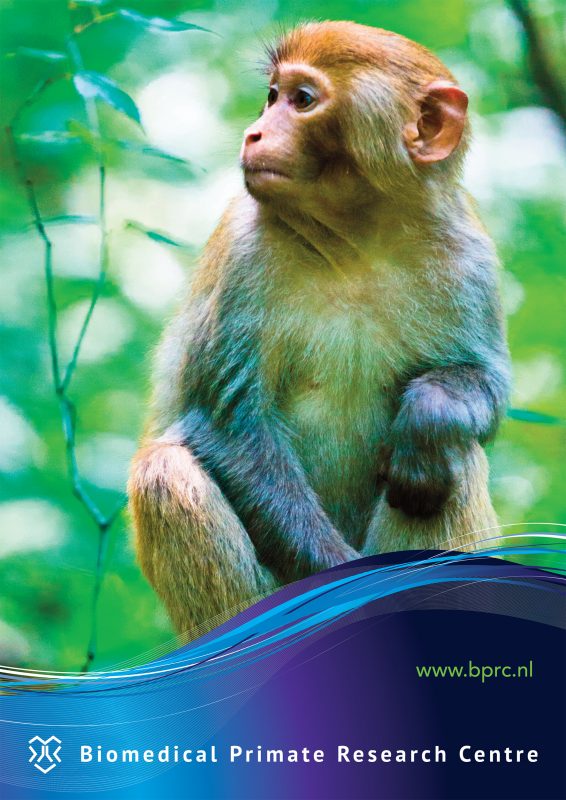Home Search
vaccine - search results
If you're not happy with the results, please do another search
Gynaecological cancers –prevention and early detection
Murat Gultekin, Vice-President of the European Society of Gynaecological Oncology (ESGO) highlights the importance of early detection of gynaecological cancers for prevention
According to World Cancer Report 2014 (IARC), at least one third of cancers are preventable. This is true for gynaecological cancers, especially cervical cancer. However, less than 5%...
Drug development for Alzheimer’s disease
Alzheimer's disease (AD) is a major problem of health and a national priority in developed countries. Despite enormous efforts by governments, the scientific community and the pharmaceutical industry over the past 50 years, no therapeutic breakthroughs have yet been achieved, and the drugs available for the treatment of AD...
Are we standing in our own way on the path to a cure for...
Although there are many reasons to celebrate the life-extending benefits from antiretroviral therapeutics (ART) for HIV/AIDS and the ability to chronically manage patients’ disease for decades, the majority of people around the world living with the virus do not have access to ART and those that do, have over...
Can TB be eliminated altogether?
Dr Masoud Dara, Senior Advisor at the World Health Organization explains the challenges of tackling TB to Editor Laura Evans, and why antibiotic resistance is such a problem…
According to the World Health Organization, infectious diseases are caused by ‘pathogenic microorganisms, such as bacteria, viruses, parasites and fungi. Such diseases...
The danger of the status quo
Why we need new interventions to battle mosquito-borne diseases
Mosquitoes are the most dangerous creature in the world. They kill one person every 12 seconds and infect hundreds of millions of people each year with serious diseases. Aedes aegypti is a particularly harmful species because it mainly bites people and...
Dengue
In recent decades Dengue has become one of the most uncontrolled and neglected infectious diseases, especially in the tropical and sub-tropical regions of the world. It is believed that societal and ecological changes/movement during the World wars increased vector-borne diseases, and dengue hyperendemicity began in the Southeast Asian regions,...
The role of chemistry in drug discovery and development
Sriram Radhakrishnan, Healthcare Analyst at Frost & Sullivan details the vital role chemistry plays in drug discovery and development
Drug discovery and development is one of the most complex and expensive activities within the framework of the pharmaceutical industry. It encompasses a wide array of end-to-end activities with a plethora...
Gut bacteria can fight against malaria
Researchers have discovered that friendly bacteria that lives in the human gut can trigger a natural immune response to fight against malaria.
Sugary proteins that live on the surface of some healthy gut bacteria have been found to trigger an immune response against the malaria parasite.
The research, which was published...
Professor Shamala Devi Sekaran, Faculty of Medicine
Dengue, in recent decades has become one of the most uncontrolled neglected infectious diseases especially in the tropical and sub-tropical regions of the world. Dengue diagnosis is not only important for clinical management of patients, but also for epidemiological surveillance, outbreak intervention and vaccine development and monitoring. Due to...
Biomedical Primate Research Centre
Animal models play an essential role in the development of new medicines, vaccines and therapies for the benefit of human health. Within animal models for biomedical research, non-human primates belong to a special group. The use of these highly developed animals needs specific attention. The use of animals in...








